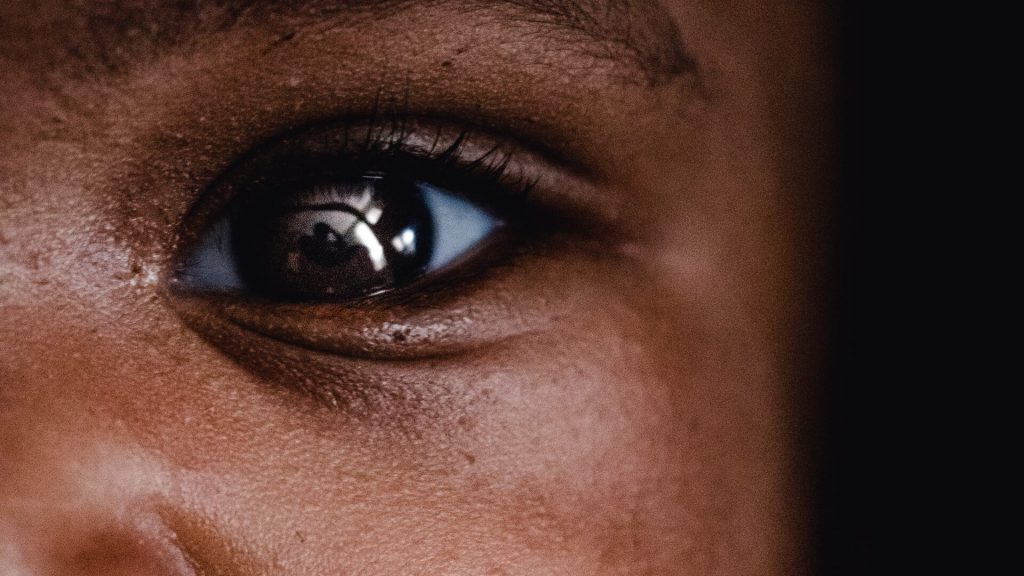CRISPR Treatment Improves Vision in Inherited Retinal Degeneration

About 79% of clinical trial participants experienced measurable improvement after receiving experimental, CRISPR-based gene editing that is designed to fix a rare form of blindness, according to a paper published in the New England Journal of Medicine.
“This trial shows CRISPR gene editing has exciting potential to treat inherited retinal degeneration,” said corresponding author Mark Pennesi, MD, PhD. “There is nothing more rewarding to a physician than hearing a patient describe how their vision has improved after a treatment. One of our trial participants has shared several examples, including being able to find their phone after misplacing it and knowing that their coffee machine is working by seeing its small lights.
Pennesi is an ophthalmologist and Oregon Health & Science University’s lead scientist for the Phase 1/2 BRILLIANCE trial, which evaluated the safety and effectiveness of EDIT-101, an experimental CRISPR-based gene editing treatment developed by Editas Medicine. The experimental treatment was designed to edit a mutation in the CEP290 gene, which provides instructions to create a protein that is critical for sight.
People with this gene mutation have a rare condition that is commonly called Leber Congenital Amaurosis, or LCA, Type 10, for which there is currently no Food and Drug Administration-approved treatment. LCA’s various types occur in about 2 or 3 out of 100 000 newborns.
The OHSU Casey Eye Institute treated the trial’s first participant in early 2020. That procedure also marked the first time that CRISPR had been used to edit genes within the human body, called in vivo gene editing.
The new paper describes the study’s findings through February 2023 and details how the trial’s 14 participants – 12 adults and two children – responded to receiving EDIT-101 in one eye. Key results include:
- 11 participants, about 79%, showed improvement in at least one of four measured outcomes.
- 6 participants, about 43%, showed improvement in two or more outcomes.
- 6 participants, about 43%, reported improved vision-related quality of life.
- 4 participants, about 29%, had clinically meaningful improvement in visual acuity, or how well they could identify objects or letters on a chart.
- There were no serious adverse events related to the treatment.
- Most adverse events were mild or moderate, and all have since been resolved.
Four specific outcomes were used to evaluate the experimental treatment’s effectiveness:
- Visual acuity
- How well participants did in a full-field test, which involves seeing coloured points of light while looking into a specialised device
- How well participants navigated a research maze with physical objects and varying amounts of light
- How much participants reported experiencing improved quality of life
Further research for a future treatment
In November 2022, trial sponsor Editas Medicine announced that it was pausing the trial’s enrolment and would seek another partner to continue the experimental therapy’s development. Pennesi and colleagues are exploring working with other commercial partners to conduct additional trials, in collaboration with Editas. The researchers hope future studies can examine ideal dosing, whether a treatment effect is more pronounced in certain age groups such as younger patients, and include refined endpoints to measure impacts on activities of daily living.

